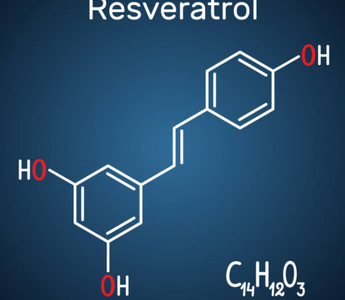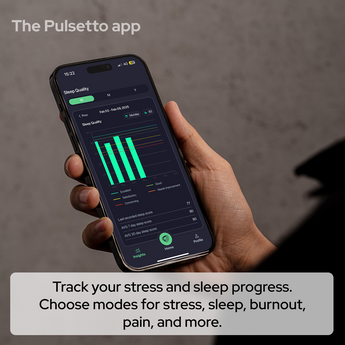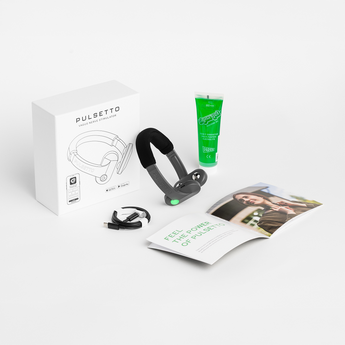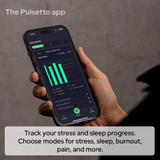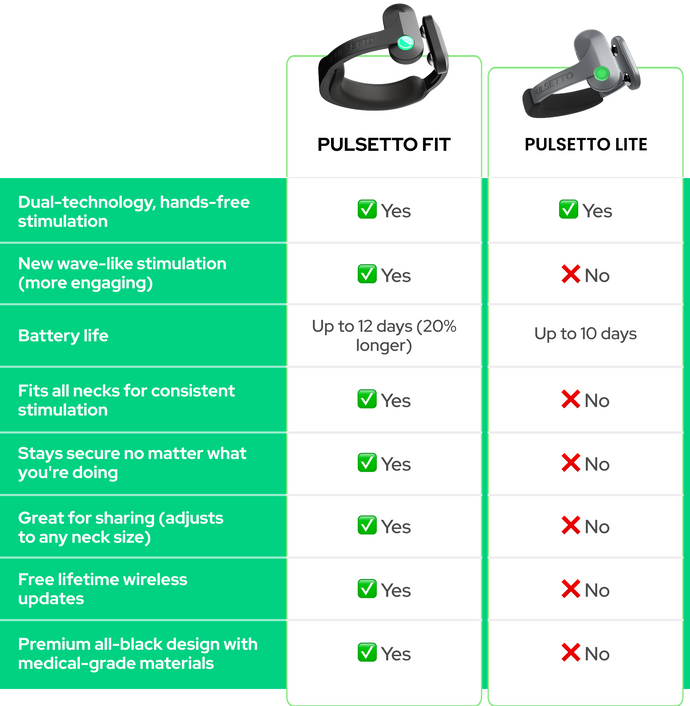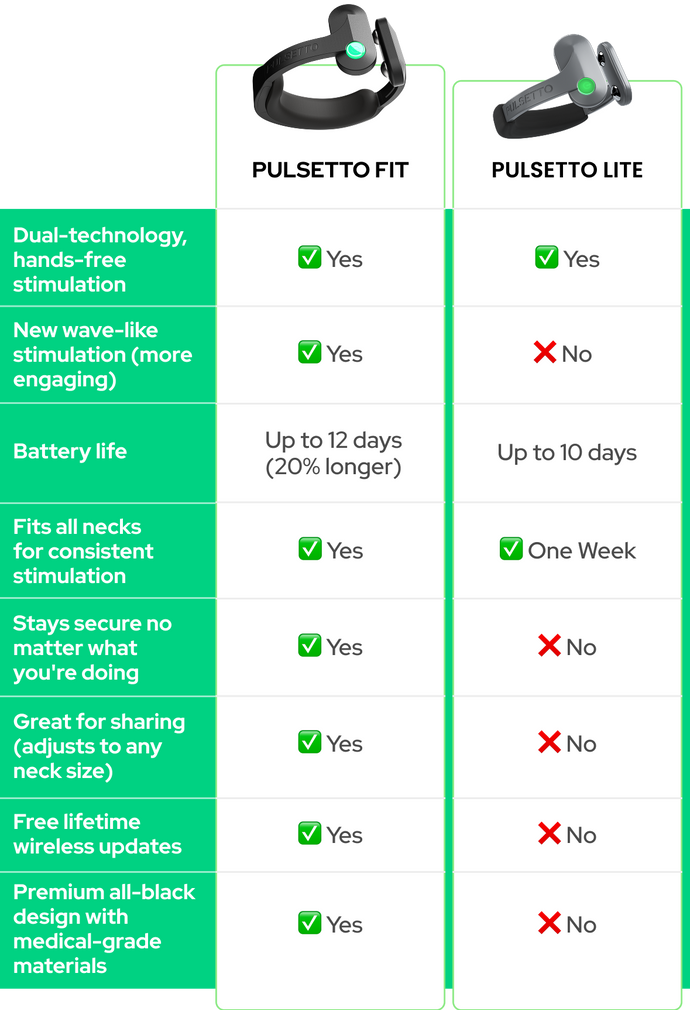Resveratrol is a polyphenol found in foods like grapes, berries, and peanuts, known for its potential health benefits, including heart health and longevity. Despite its benefits, some people believe it may cause insomnia, although scientific evidence suggests otherwise. If you're looking for alternatives to resveratrol to improve sleep, there are several options available. This article will explore what resveratrol is, its effects on sleep, the best alternatives, and expert recommendations.
→ Visit Pulsetto's Sleep Guide to learn more about how Pulsetto can enhance your sleep quality.
What is Resveratrol?

Resveratrol is an antioxidant that protects cells from damage caused by free radicals. It has been studied for its anti-inflammatory, anti-cancer, and cardioprotective properties. The "French Paradox," which notes the low incidence of heart disease in France despite a diet high in saturated fats, is often attributed to moderate red wine consumption, which contains resveratrol.
Effects of Resveratrol on Sleep
Contrary to some claims, resveratrol may actually support better sleep by positively influencing circadian rhythms, reducing stress, and promoting melatonin production. However, individual responses can vary, and lifestyle factors such as diet and exercise also impact sleep quality.

